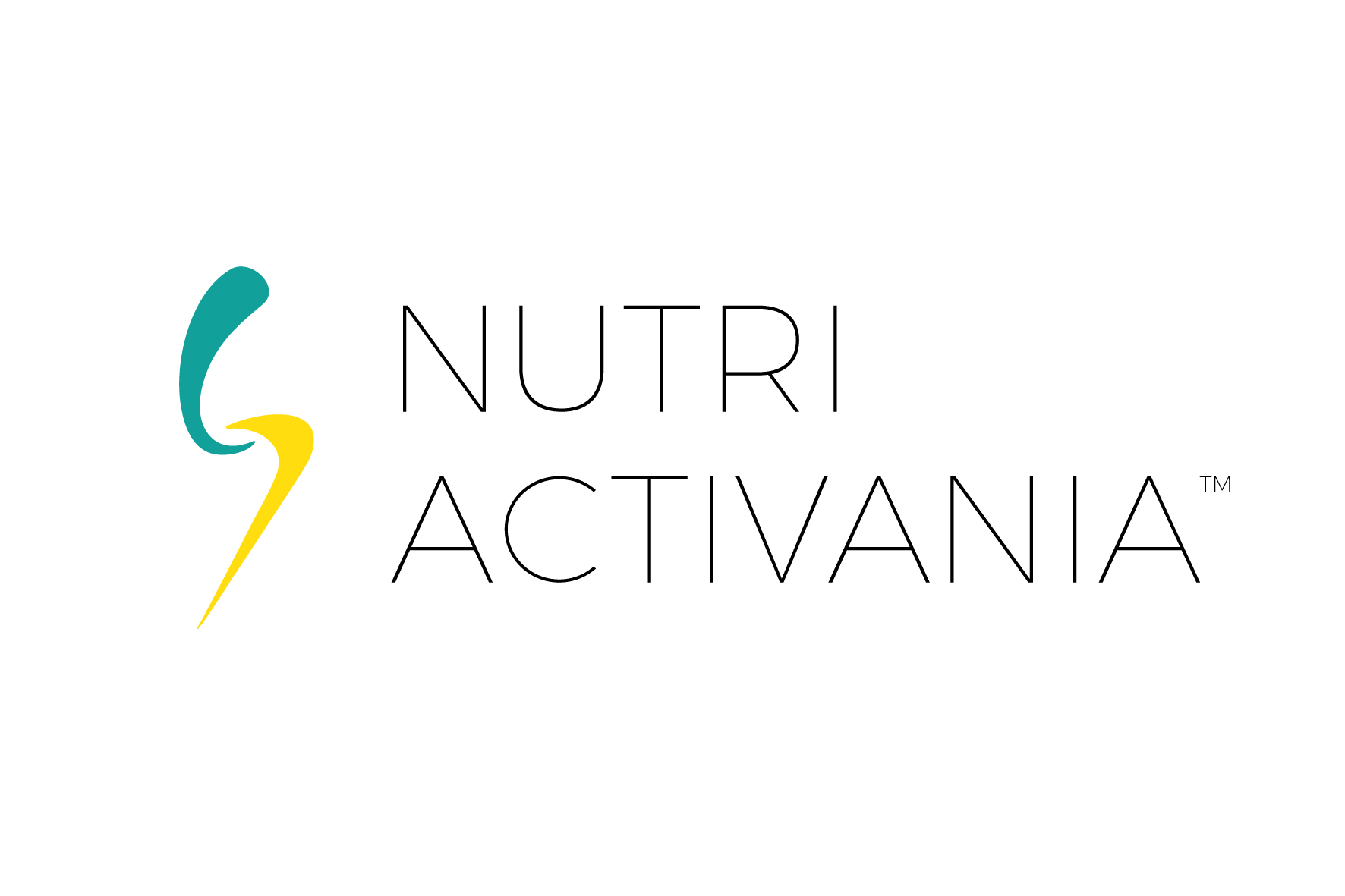Leading Nutritionist and Dietician Avni Kaul Shares the Best Ways to Improve Your Digestion Naturally with the Right Diet
Optimal digestion is key to maintaining overall health and well-being. While lifestyle factors play a role, the food we consume plays a significant role in supporting a healthy digestive system. By making mindful food choices and incorporating specific foods into your diet, you can naturally improve your digestion and alleviate common digestive issues, says a leading dietician for Gastrointestinal or Gut Health Avni Kaul.
How Increasing Fiber Intake Will Help?
Fibre-rich foods promote healthy digestion by adding bulk to the stool and preventing constipation. Include a variety of fruits, vegetables, whole grains, legumes, and nuts in your diet. Aim for a daily intake of 25-30 grams of fibre, gradually increasing it to avoid digestive discomfort.
The Reason for Staying Hydrated
Adequate hydration is essential for proper digestion. Water helps soften stool and facilitates its passage through the digestive tract. Aim to drink at least eight glasses of water per day and consume hydrating foods like cucumbers, watermelon, and celery.
Why You Should Consume Probiotic-Rich Foods?
Probiotics are beneficial bacteria that support a healthy gut microbiome and aid in digestion. Incorporate foods such as yogurt, kefir, sauerkraut, kimchi, and other fermented foods into your diet. These foods provide a natural source of probiotics that promote optimal digestion.
Why Emphasize Whole Foods?
Processed and high-fat foods can be challenging to digest. Instead, focus on consuming whole foods that are minimally processed. Fresh fruits, vegetables, lean proteins, and whole grains provide essential nutrients while being easier to digest.
What Roles Do Ginger and Peppermint Have?
Certain herbs and spices have been traditionally used to improve digestion. Ginger has anti-inflammatory properties that can alleviate nausea, indigestion, and bloating. Peppermint can help relax the muscles of the gastrointestinal tract, relieving symptoms of indigestion and irritable bowel syndrome. Incorporate ginger and peppermint into your diet by drinking ginger tea or peppermint tea or adding them to meals.
Avoid Trigger Foods, Which Foods Need Close Attention?
Pay attention to foods that may trigger digestive discomfort or exacerbate symptoms. Common triggers include spicy foods, fatty foods, caffeine, and carbonated beverages. Identify and avoid these foods if they cause issues for your digestion.
Mindful Eating, What Are its Benefits?
Practising mindful eating habits can significantly improve digestion. Eat in a calm and relaxed environment, paying attention to your food. Chew thoroughly to aid digestion and allow enzymes to break down food properly. Avoid overeating by stopping when you feel comfortably full.
The Reason for Being Mindful of Food Intolerances
Food intolerances, such as lactose or gluten intolerance, can lead to digestive issues. If you suspect you have a food intolerance, consider keeping a food diary to track symptoms after consuming specific foods. Consult a healthcare professional or registered dietitian to determine if any dietary modifications are necessary.
By incorporating these dietary strategies into your daily routine, you can naturally improve your digestion. Remember to increase fiber intake, stay hydrated, include probiotic-rich foods, opt for whole foods, incorporate ginger and peppermint, avoid trigger foods, practice mindful eating, and be mindful of any food intolerances. These simple yet effective changes can lead to better digestion, reduced digestive discomfort, and improved overall well-being.
- Is It Safe to Eat Mango If You Have Diabetes? - April 30, 2024
- Amazing Indian Foods to Lower Your Blood Pressure Level Naturally - April 26, 2024
- Fruits That Can Help You Lose (or Maintain Your) Weight - April 23, 2024


